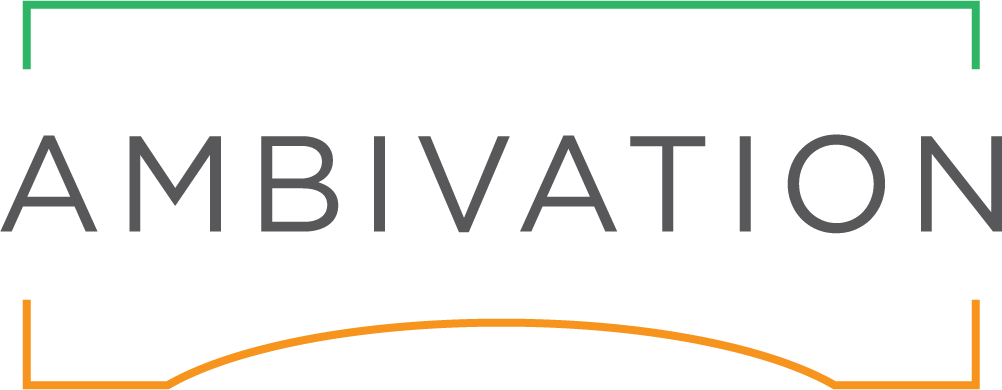Together with partners from industry, the startup ChemChimp is driving the digital transformation in the chemical indust...
Industry 4.0 and the chemicals industry
Industry 4.0, which combines digital and physical advanced technologies, can potentially transform the chemicals industry, itself the backbone of many end-market industries. Through the dual areas of business operations and growth, these technologies enable "smart" supply chains and factories, as well as create new business models.
In one way or another, the chemicals industry contributes to almost every manufactured product. The industry converts petroleum and natural gas into intermediate materials, which are ultimately converted into products we use daily. With more than 20 million people employed and annual sales of $5 trillion, the global chemicals industry serves as the backbone of many end-market industries such as agriculture, automotive, construction, and pharmaceuticals. Changes in the chemicals industry are thus likely to have a ripple effect on a number of other industries.
The rise of the fourth industrial revolution, or Industry 4.0, is likely to drive such changes. Industry 4.0 brings together a number of digital and physical advanced technologies to form a greater physical-to-digital to-physical connection—and it can potentially transform the chemicals industry by promoting strategic growth and streamlining operations. The time is ripe for such a transformation: Advanced technologies relevant to the chemicals industry—such as the Internet of Things (IoT), advanced materials, additive manufacturing, advanced analytics, artificial intelligence, and robotics—together have reached a level of cost and performance that enables widespread applications. More importantly, these technologies are now advanced enough that they can integrate with chemicals companies’ core conversion and marketing processes to digitally transform operations and enable “smart” supply chains and factories as well as new business models.
For example, BASF is using Industry 4.0 applications in its deployment of connected systems and advanced analytics models for predictive asset management, process management and control, and virtual plant commissioning. Beyond these traditional applications, the company completely automated the production of liquid soaps at its smart pilot plant in Kaiserslautern. Once a user places an order for a customized soap, the radio-frequency identification tags attached to the soap containers inform the equipment on the production line via wireless network connections about the desired composition of the soap and packaging—thus enabling mass customization without human involvement.


